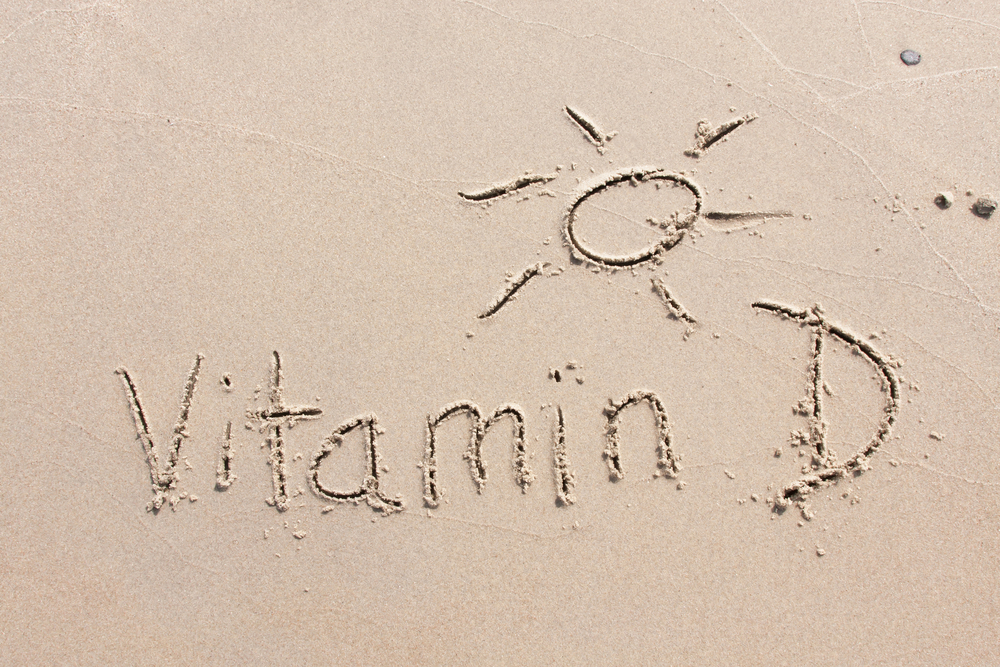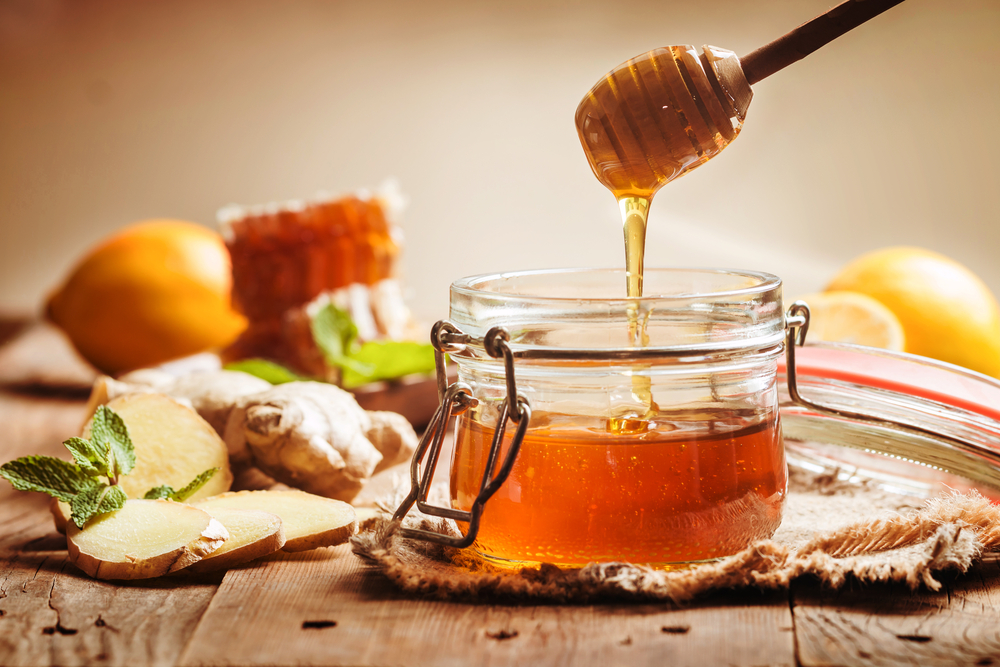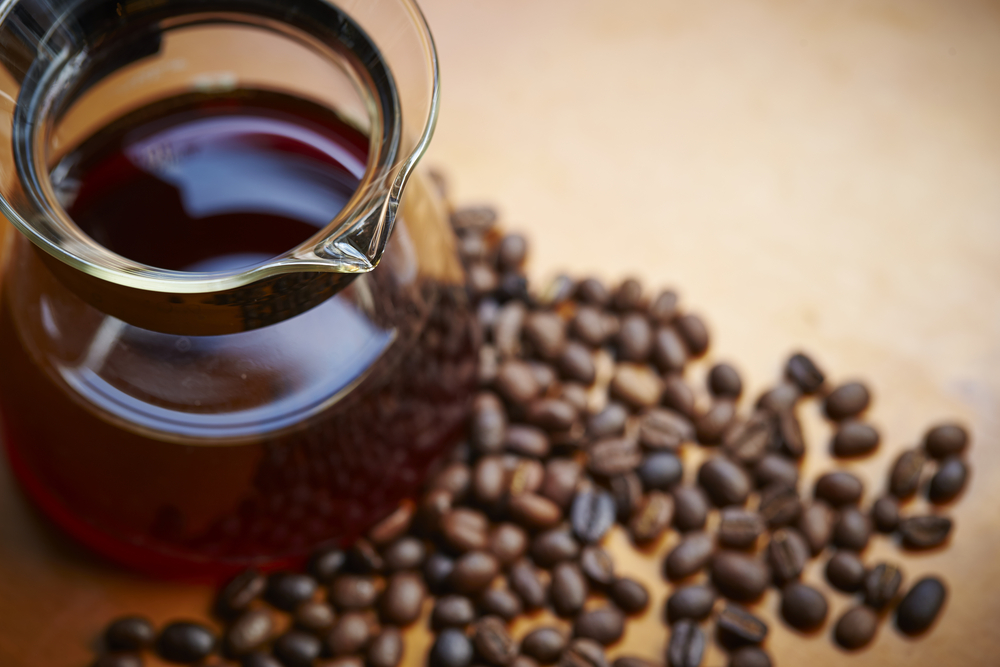Are you getting enough Vitamin D?

It’s that time of year when we need to consider topping up our vitamin D levels. The reason? Vitamin D is produced in our bodies from the action of sunlight on our skin, but from October to March the sun is too low in the sky for the skin to make vitamin D. This means it can be hard to get enough of this important vitamin which plays a key role in supporting the immune system.
Certain foods such as oily fish, egg yolks, vitamin D fortified cereals and plant-based milks, mushrooms and some yogurts do contain small amounts. But however healthy your diet is, it can be difficult to get enough vitamin D which is why the government recommends we all take a vitamin D supplement of at least 10mcg a day. Meanwhile, studies are ongoing to see if vitamin D can help support the immune system against Covid 19[i] and the government is being urged to look into the benefits. Watch this space.
Research shows honey is an effective treatment for winter ailments

Honey has long been known as a traditional treatment for upper respiratory tract infections such as coughs and sore throat. And now recent research from Oxford University suggests it may be more effective than over the counter remedies or antibiotics, which can fuel antimicrobial resistance, for treating these winter ailments[ii].
The scientists looked at research databases for relevant studies comparing honey and preparations that included it as an ingredient. This included mostly antihistamines, expectorants, cough suppressants and painkillers. They found 14 suitable clinical trials, involving 1,761 participants of varying ages.
Analysis of the studies showed that honey was more effective than ‘usual care’ for improving symptoms, especially the frequency and severity of coughing. And two of the studies showed that that people treated with honey had symptoms for between one and two days less than those who were not.
“Honey is cheap and widely available. Many people will probably have some sitting in the cupboard anyway, so it’s worth giving it a try before visiting your GP,” said Dr Joseph Lee, researcher, beekeeper and GP, from Oxford University’s Nuffield Department of Primary Care Health Sciences.
Note: Occasionally honey contains bacteria that can produce toxins in a baby’s intestines. So, honey should not be given to children under the age of one[iii].
Avoid coffee first thing to better manage blood sugar levels

That first morning coffee might not be such a good thing. So says a study reported in the British Journal of Nutrition[iv] that suggests that drinking a strong black morning coffee could interfere with the body’s ability to control blood sugar levels. It could be better to eat breakfast first and delay that cup of coffee for later. Alternatively, why not ditch the coffee and go for an uplifting cup of herbal tea such as peppermint instead?
[i] www.bbc.co.uk/news/health-54526652
[ii] www.phc.ox.ac.uk/news/honey-better-than-usual-care-for-easing-respiratory-symptoms-especially-cough
[iii] www.nhs.uk/conditions/pregnancy-and-baby/foods-to-avoid-giving-babies-and-young-children/[iv] British Journal of Nutrition Volume 124, Issue 10 pp. 1114-1120




















Add comment